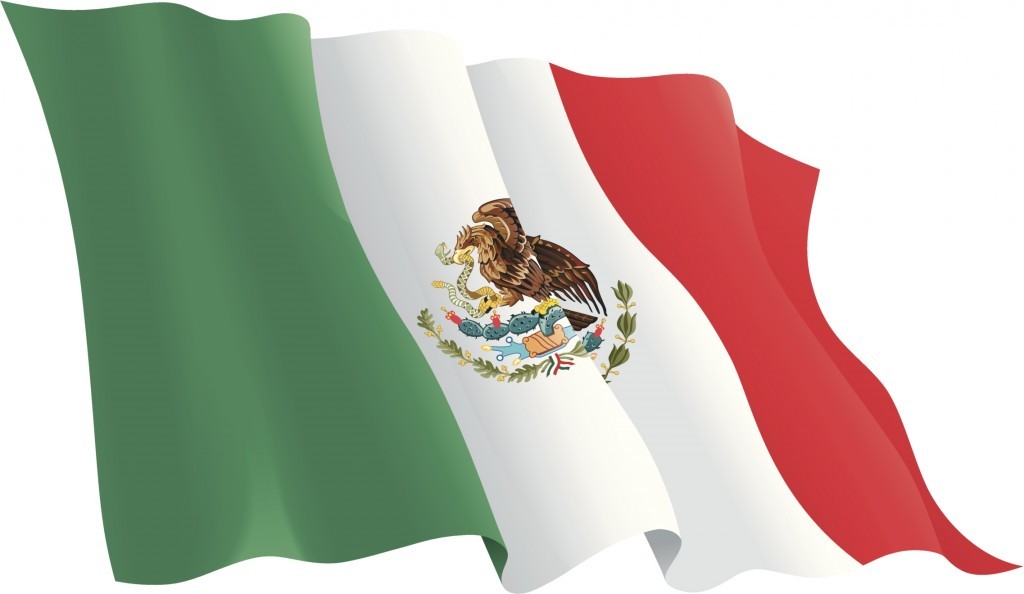
A consortium that includes Mexico’s Sierra Oil & Gas plans in early 2017 to make its first exploratory drill in one of the fields it was awarded as part of a landmark energy reform.
In a July tender, a consortium comprised of Sierra, US company Talos Energy and British company Premier Oil won two blocks that were among 14 production-sharing contracts offered at the outset of Mexico’s sweeping energy sector opening.
“At the moment, our ambition is to be able to drill in the early parts of 2017,” Sierra’s CEO, Ivan Sandrea, said in an interview, adding that the timetable would be conditional on regulatory approval.
A second exploratory drill would depend on the results of the first one, he said, which would last for between 40 and 70 days.
The two blocks are located in the shallow waters of the Gulf of Mexico, and each one will require an average investment of $1.3 billion over the course of five years, according to Mexico’s energy regulator.
Mexico’s government hopes the landmark energy opening, which was finalised in 2014 and ends decades of state-run control over the country’s hydrocarbons, will fuel more robust growth in Latin America’s second biggest economy.
As part of the overhaul, from 2017 private companies will be able to import and distribute gasoline in Mexico. From 2018, they will be able to refine crude oil and sell gasoline at market prices, putting them in direct competition with state-run Pemex.
Sierra has energy infrastructure ambitions and is nearing completion on a project in the south of Mexico, Sandrea said, declining to give further details.
“Our ambition is basically to participate in infrastructure projects that would allow firms, once the market is fully opened, to import products,” he added.
At the moment, Sierra is not planing to be involved in the drilling of the two fields it won, with that role in the consortium undertaken by Talos Energy. But in the medium-term, Sandrea said, Sierra hopes to move into operations like drilling to create more value for the company.
He added that Sierra has solid financing and no need for additional cash to fund growth. But he acknowledged that the company could well look to list itself with three to five years.